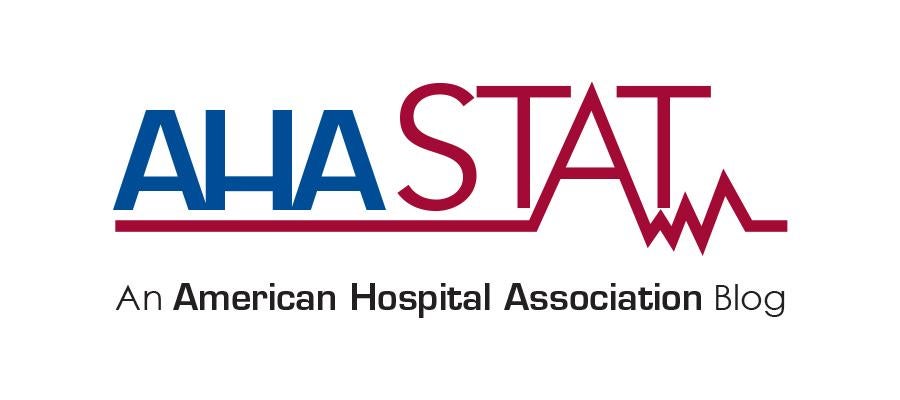Improving maternal health care in rural communities

U.S. hospitals and health systems are redoubling efforts to make sure women have safe pregnancies and positive health outcomes across the continuum of care. While our hospitals and systems strive to provide high-quality, patient-centered care to all mothers and babies, we know some women—like those who live in rural America—experience unique challenges.
For women in rural areas, access to comprehensive maternal and obstetric (OB) health care services may be challenging. Studies show that in 2014, 54% of rural counties lacked hospital-based OB services (up from 45% in 2004). In addition, rural hospital closures are disproportionately impacting access to maternal health services for rural women of color.
The Centers for Medicare & Medicaid Services (CMS) hosted a forum on the state of maternal health care in rural communities, with a focus on access to maternal health services before, during and after pregnancy. Speakers and participants discussed priorities and next steps to improve access to and quality of maternal health services, improve maternal health outcomes in rural communities and improve health and health equity. CMS is collecting recommendations so it can develop a plan of action to address maternal health in rural communities.
Participants in the forum identified the following priorities to improve maternal health in rural communities:
- Improving payment incentives to support care coordination services that improve quality.
- Maintaining and extending Medicaid expansion across states and partnering with other agencies and community partners to better address social determinants of health, such as housing and transportation.
- Defining quality measures to be relevant for rural hospitals. This includes aligning financial incentives to support care services that improve quality and ensuring quality measures and the associated financial incentives account for the higher unit costs in low-volume settings. It also is important to facilitate participation of rural hospitals in perinatal collaboratives from a resource and funding standpoint.
- Addressing workforce issues with short- and long-term solutions. Ideas discussed at the forum included creating new agency-funded rural residency programs, cross-training nursing staff in OB services, evaluating the effectiveness of loan forgiveness programs and creating medical career pathways for people in rural communities to support local access to care.
- More needs to be done to improve our nation’s maternal health outcomes, and the AHA is committed to this work. In addition to research on access’ impact on outcomes, we also need to spread models that work. As part of the Better Health for Mothers and Babies initiative, the AHA has called on hospitals to evaluate and act on their data; examine disparities; engage mothers and families; and partner with clinicians and stakeholders in our community to ensure women are getting the care they need before, during and after pregnancy.
The AHA supports numerous provisions of the Mothers and Offspring Mortality and Morbidity Awareness Act (H.R. 1897/S. 916). This bicameral legislation would improve data collection, disseminate best practices, extend important medical and nutrition services to post-partum women, and support state and regional innovation and excellence centers to address quality and equity.
As hospitals and health systems work to address maternal and child health, the AHA will continue to collaborate with our partners in the field, including policymakers and community organizations, to improve outcomes and reduce health inequities for expectant and new mothers—and ultimately to give every child the best start in life.
Jay Bhatt, D.O., is senior vice president and chief medical officer, and Melissa Mannon is associate director, policy development, both at the American Hospital Association.

